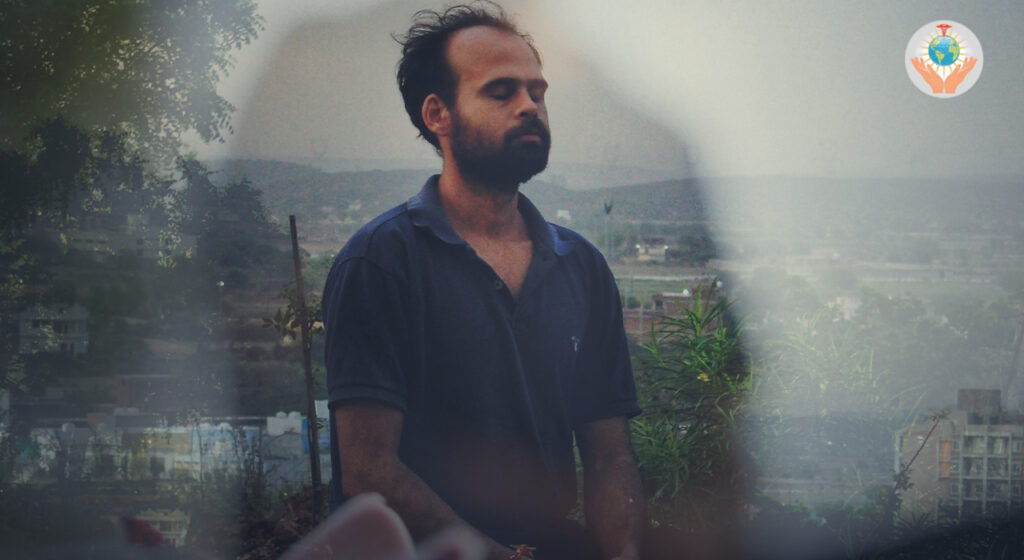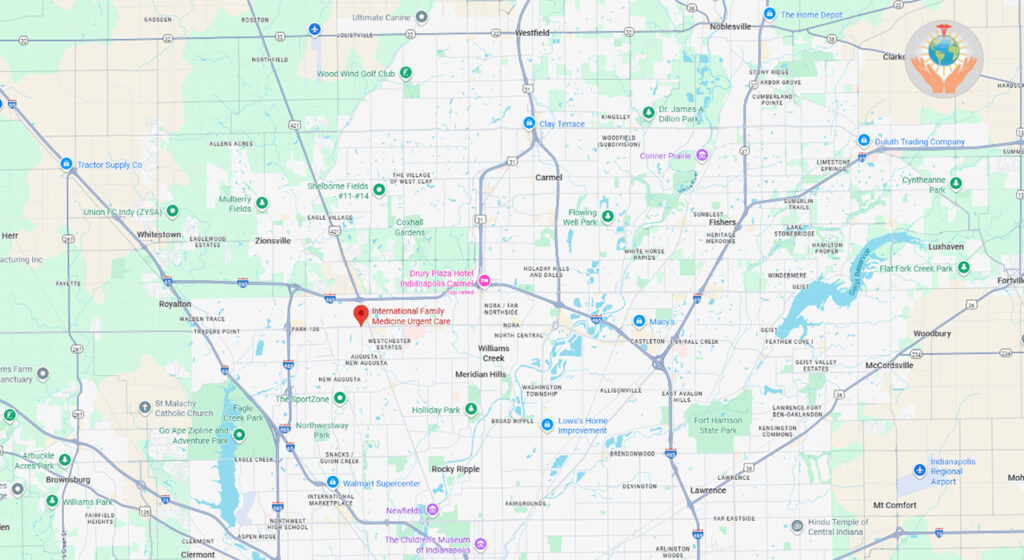Table of Contents
- Introduction
- What Is Substance Abuse?
- Common Substances Abused in Indiana
- Recognizing the Signs and Symptoms of Substance Abuse
- What Are Substance Use Disorders (SUD)?
- The Role of Suboxone Doctors in Indiana
- Why Substance Abuse Counselors Matter
- Comprehensive Treatment Options in Indiana
- Tips for Preventing Relapse
- When Should You Seek Help?
- Conclusion: A Brighter Path Forward
Introduction
Substance abuse is an ongoing crisis in the United States, especially in Indiana, where communities are still recovering from the opioid epidemic and other addictions. Access to compassionate and effective treatment has never been more important, particularly in 2025.
If you or someone you love is struggling with addiction or a substance use disorder, knowing how to spot abuse and get help is essential.
In this article, we’ll cover the basics of substance abuse, symptoms to watch for, and treatment options for Indiana patients and their families.
We’ll also highlight the important role that Suboxone doctors and substance abuse counselors can play in recovery.

What Is Substance Abuse?
In its simplest form, substance abuse is the harmful use of legal or illegal drugs. This can include alcohol, prescription medication, and street drugs.
Recreational or occasional drug use can quickly spiral into dependency or addiction, a chronic brain disease that changes how you think and behave.
Substance abuse harms not only the user but entire families and communities. It’s also closely related to mental health disorders like anxiety and depression. If you or a loved one is misusing substances, early detection and intervention is critical.

Common Substances Abused in Indiana
Indiana has been in the center of the opioid crisis in recent years, but people are struggling with other types of addiction as well. These are the most commonly abused substances across the state of Indiana:
- Opioids (heroin, fentanyl, oxycodone, hydrocodone)
- Alcohol
- Methamphetamine
- Cocaine
- Benzodiazepines (Valium, Xanax)
- Marijuana (especially when laced with other drugs)
Statewide statistics show an alarming increase in drug-related hospitalizations and overdose deaths, especially from synthetic opioids like fentanyl.
These sobering numbers emphasize the need for more affordable and accessible addiction treatment, like Suboxone doctors and substance abuse counselors.

Recognizing the Signs and Symptoms of Substance Abuse
Substance abuse can take many different forms, but there are some common warning signs to look for:
- Physical: bloodshot eyes, weight gain or loss, frequent nosebleeds (snorting drugs), poor hygiene
- Behavioral: secrecy, new friend groups, legal issues, lack of motivation
- Emotional: depression, anxiety, irritability, paranoia
- Cognitive: difficulty focusing, poor memory, reckless behavior
Someone can have one or more of these symptoms for many reasons.
Substance abuse is present when someone continues to use drugs or alcohol despite negative consequences and physical harm.

What Are Substance Use Disorders (SUD)?
SUD is the clinical term for when people have an addiction to drugs or alcohol. It’s a formal diagnosis that varies in severity.
Types of SUDs include:
- Alcohol Use Disorder (AUD)
- Opioid Use Disorder (OUD)
- Stimulant Use Disorder (methamphetamine or cocaine)
- Cannabis Use Disorder
SUDs can be treated, and in Indiana, integrated approaches that combine medication, counseling, and other lifestyle changes are working for many patients.
The Role of Suboxone Doctors in Indiana
Suboxone is one of the most effective treatments for Opioid Use Disorder. Suboxone is a combination medication that contains two ingredients: buprenorphine and naloxone. This medication reduces cravings and withdrawal symptoms, while also discouraging misuse of the drug.
What Suboxone Doctors Provide:
- Safe and controlled opioid withdrawal
- Supervised Medication-Assisted Treatment (MAT)
- Individualized treatment plan
- Long-term monitoring for recovery
Where to Find Suboxone Doctors in Indiana:
- SAMHSA (Substance Abuse and Mental Health Services Administration) provider directory
- Primary care providers who also offer addiction services
- Walk-In Outpatient Suboxone Clinic like International Family Medicine & Urgent Care (IFMUC)
Why Substance Abuse Counselors Matter
Medication alone is not enough. Substance abuse counselors are key to successful long-term recovery.
Roles and responsibilities of substance abuse counselors:
- Conducting one-on-one counseling sessions
- Facilitating group therapy
- Developing relapse prevention plans
- Family education and support
- Employment and housing assistance
In Indiana, many licensed counselors work with Suboxone doctors and treatment centers to provide comprehensive care for their clients.
Comprehensive Treatment Options in Indiana
It depends on the person and the nature of their addiction, but there are different levels of care for substance abuse. Here are some common options for addiction treatment:
- Medical Detox: When you need medical supervision for safe withdrawal
- Residential Rehab: 24/7 on-site support in a structured environment
- Outpatient Programs (IOP): Structured treatment with more flexibility
- Medication-Assisted Treatment (MAT): Includes Suboxone and counseling
- Support Groups: NA, AA, SMART Recovery, and faith-based programs
Many Indiana addiction treatment centers accept Medicaid and private insurance, as well as offering telehealth services for remote care.

Tips for Preventing Relapse
The long-term nature of addiction treatment means that relapse prevention is important. Recovery is a lifelong process, but there are steps you can take to minimize the risk:
- Maintain contact with your counselor or support group
- Adhere to your medication plan
- Avoid your triggers (people, places, substances)
- Keep up healthy habits (diet, exercise, sleep, etc.)
- Don’t skip medical or counseling appointments
When Should You Seek Help?
If you’re reading this and asking yourself (or a loved one) if you have a problem, the answer is yes. While early treatment is almost always more effective, there’s no “bad time” to get help.
There are many signs that a person needs to seek support for addiction, but some common examples are:
- Tolerance to drugs or alcohol increases
- Failed attempts to quit or cut back
- Withdrawal symptoms when not using
- Neglecting work, school, or home responsibilities
- Feeling trapped in the cycle of substance use

If you or someone you know is struggling with addiction, please reach out for help. There are compassionate Suboxone doctors, addiction treatment centers, and substance abuse counselors in Indiana ready to support you.
Conclusion: A Brighter Path Forward
Substance abuse and addiction can feel isolating, but you don’t have to fight the battle alone. Knowing the symptoms, getting professional help, and building a treatment plan can make all the difference. There are leading providers in Indiana who offer Suboxone doctors and substance abuse counselors to start the road to recovery.
If you or a loved one is struggling, please don’t wait. Reach out to a trusted healthcare provider and take the first step toward a healthier future.

